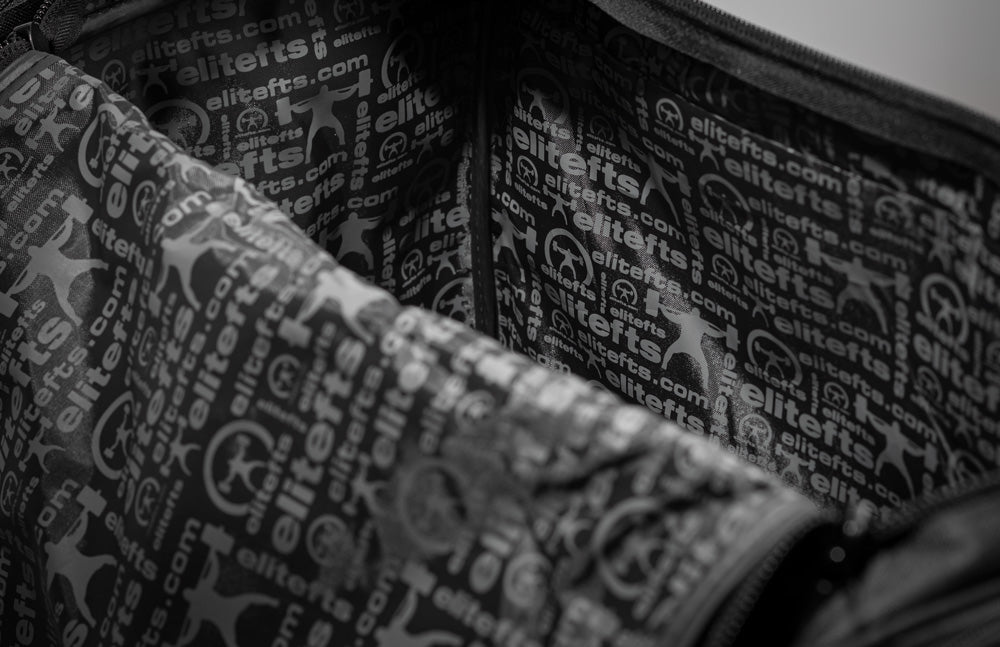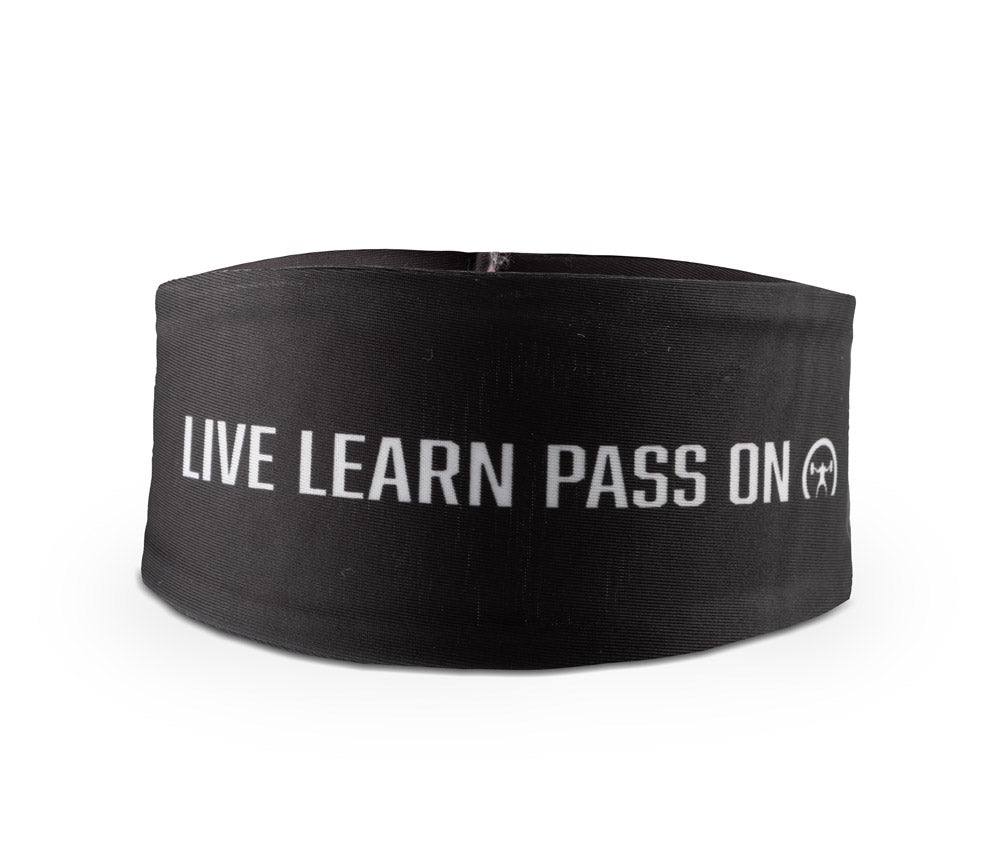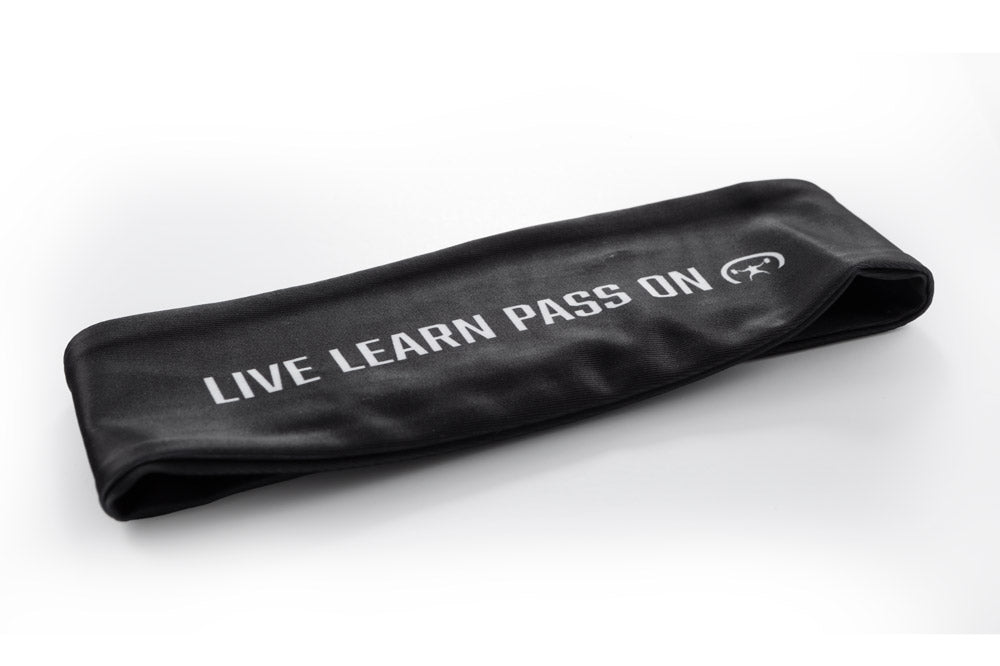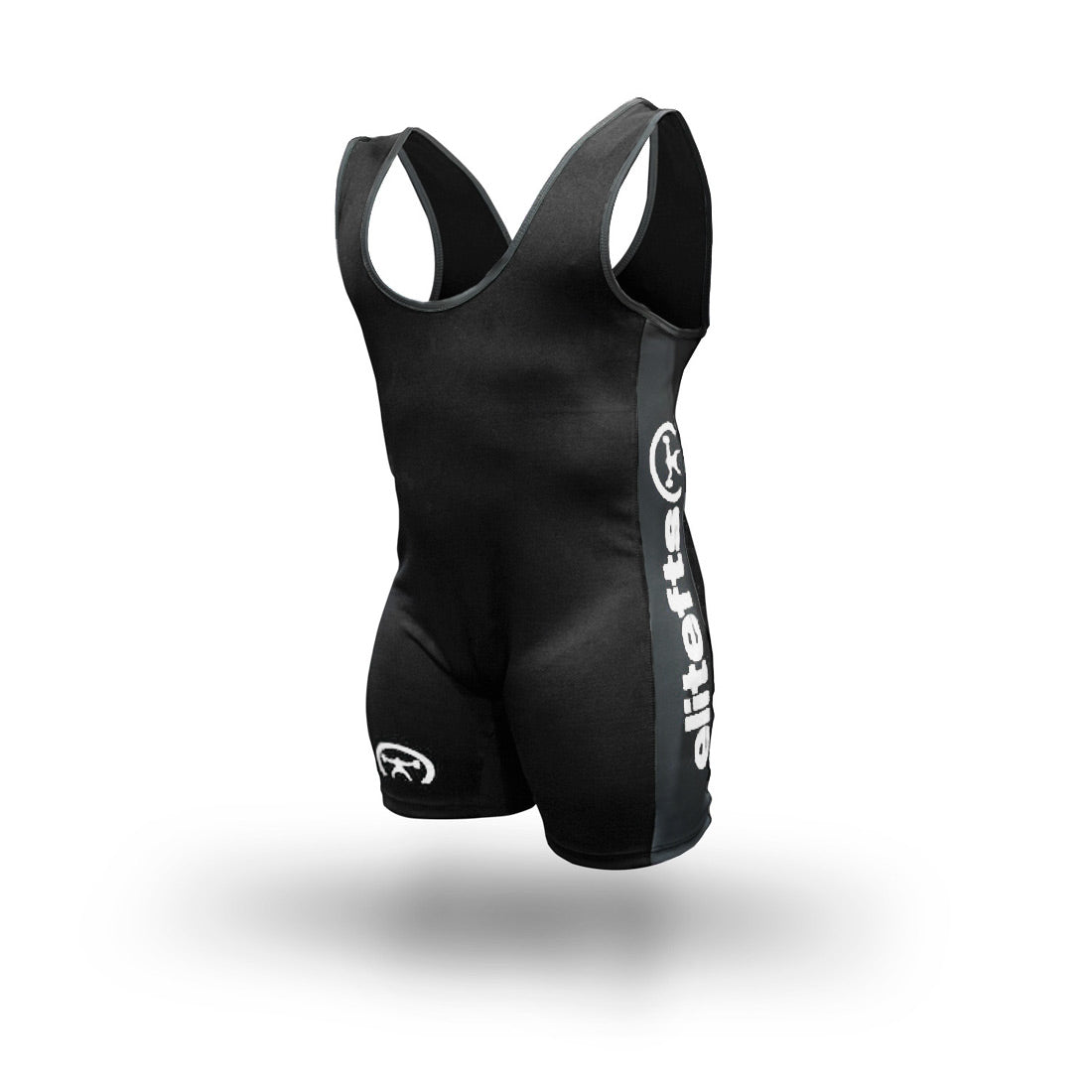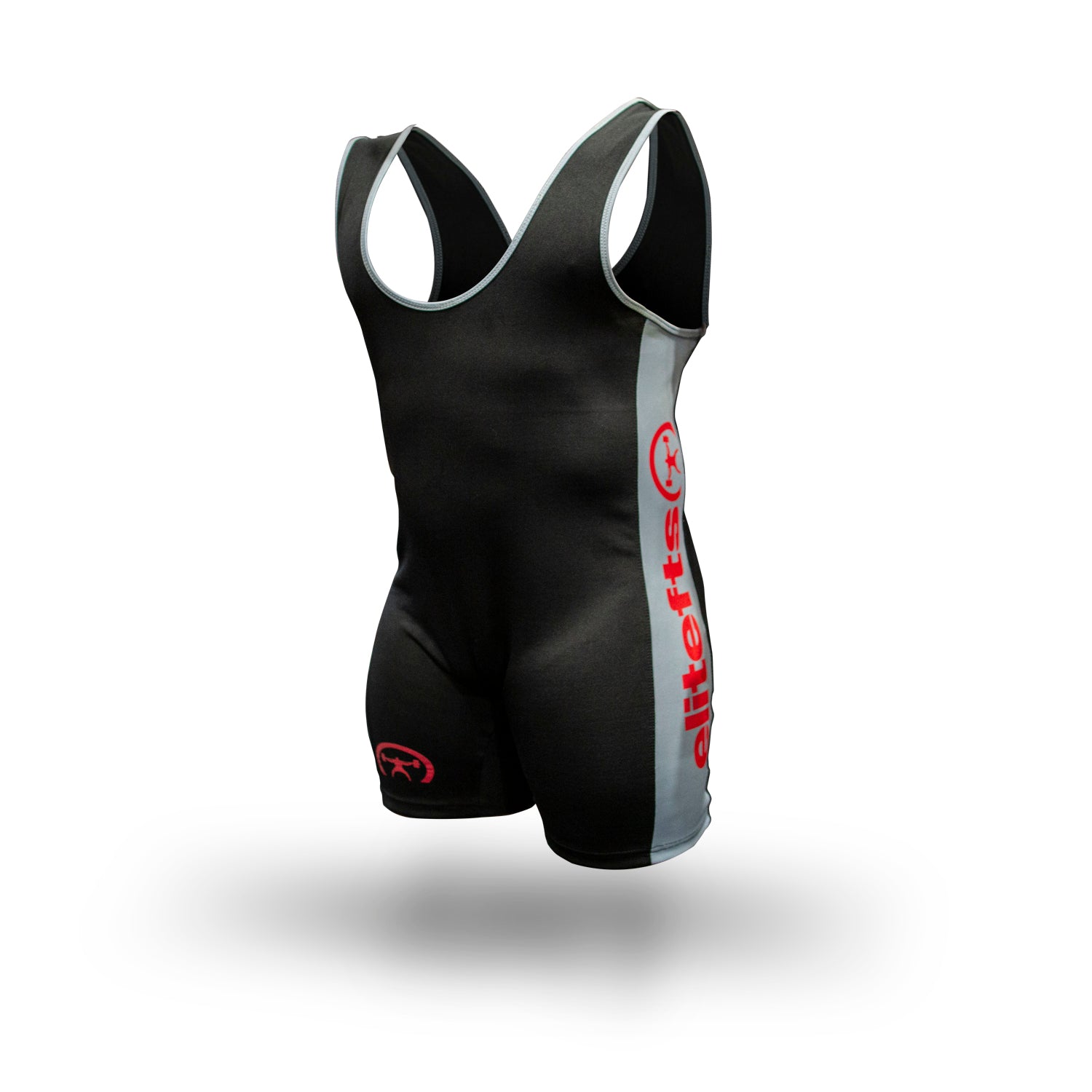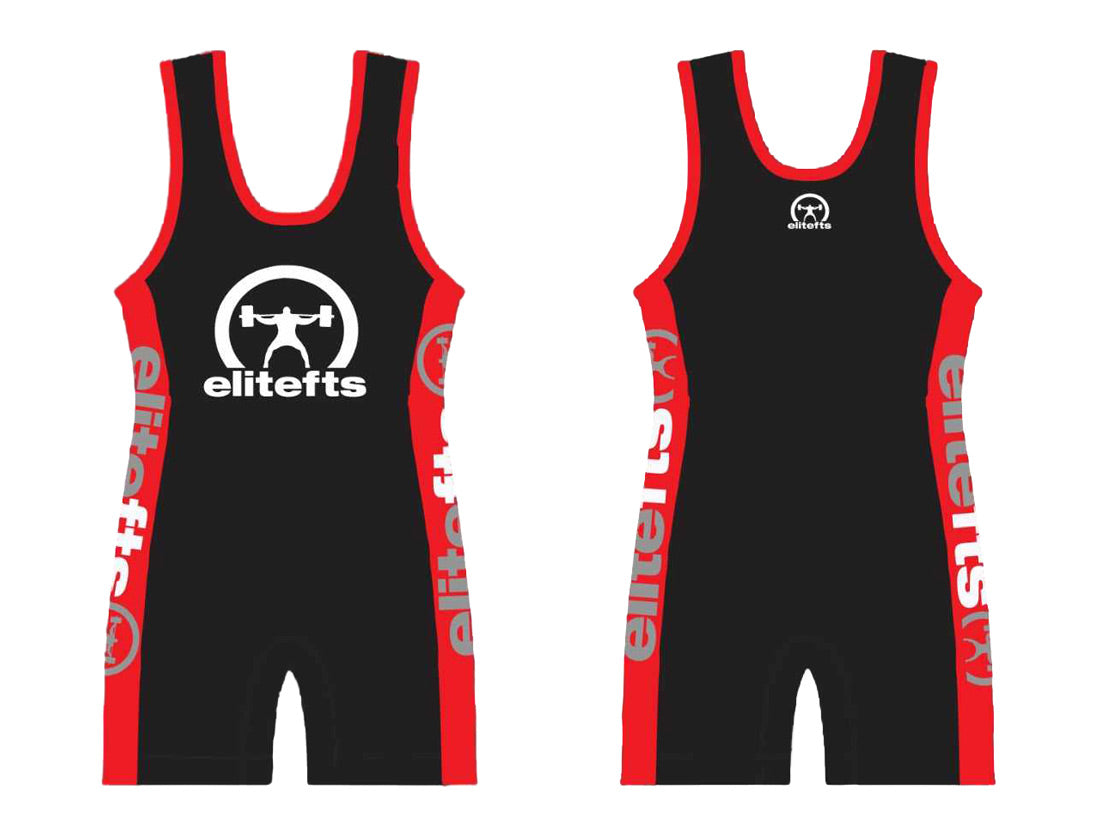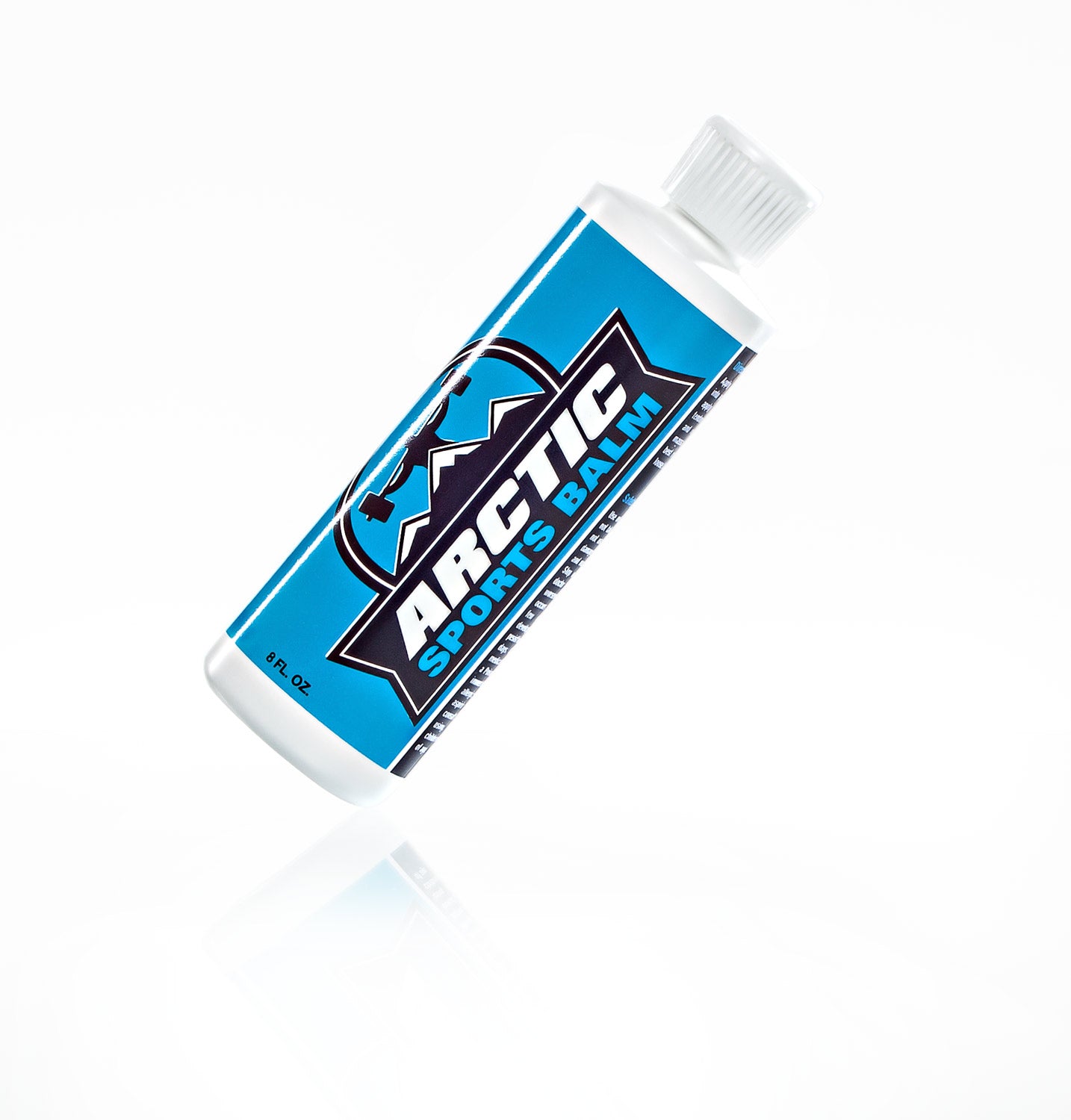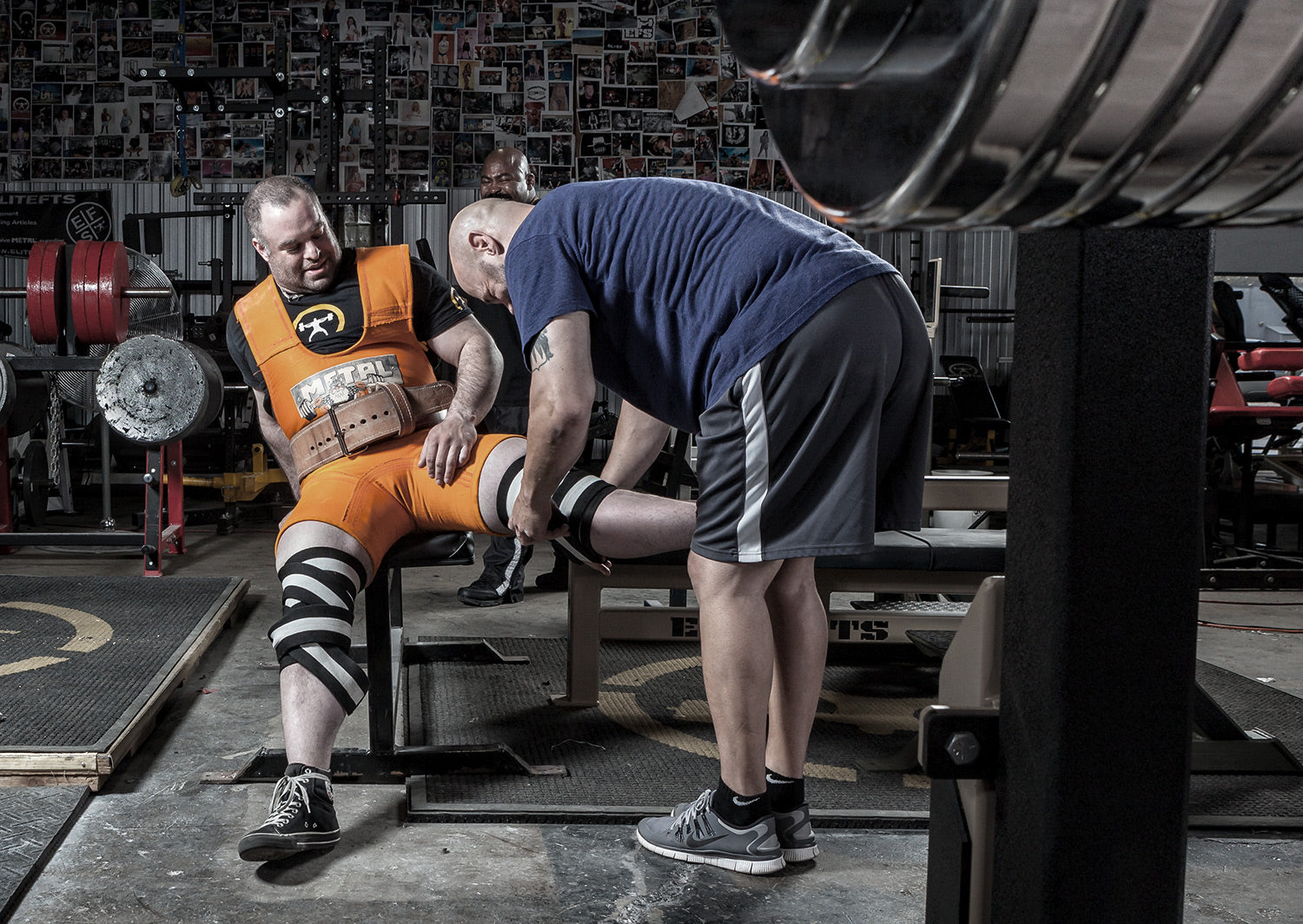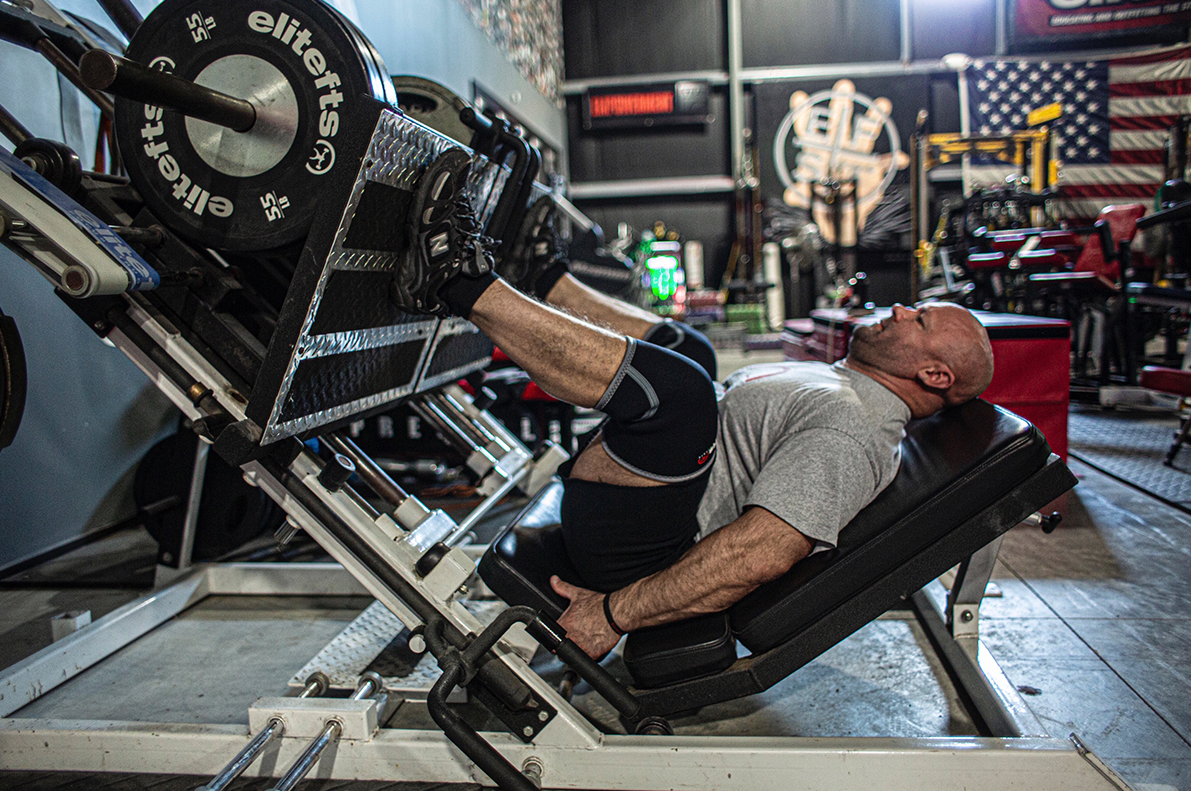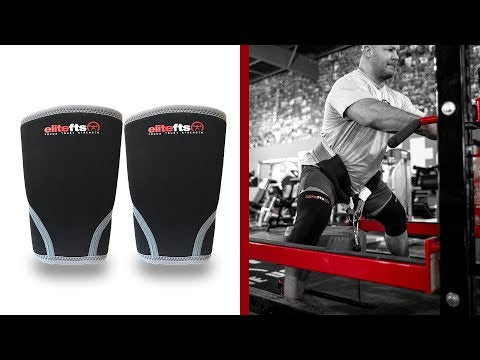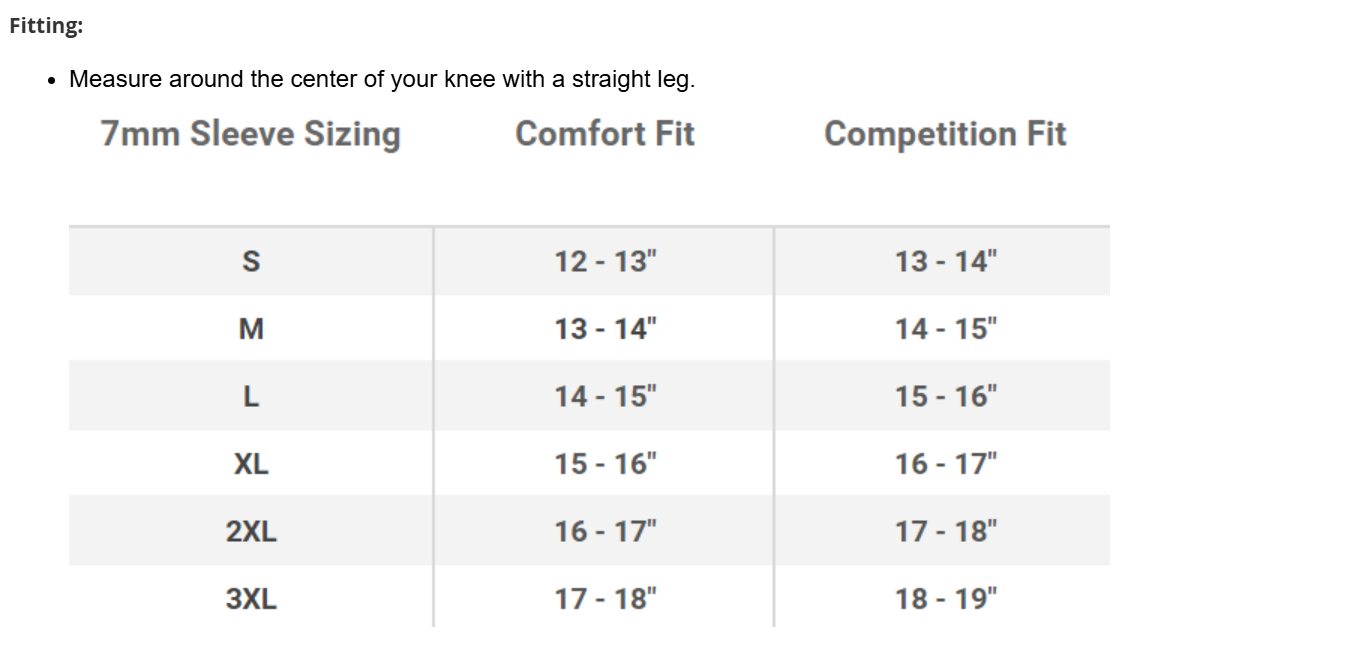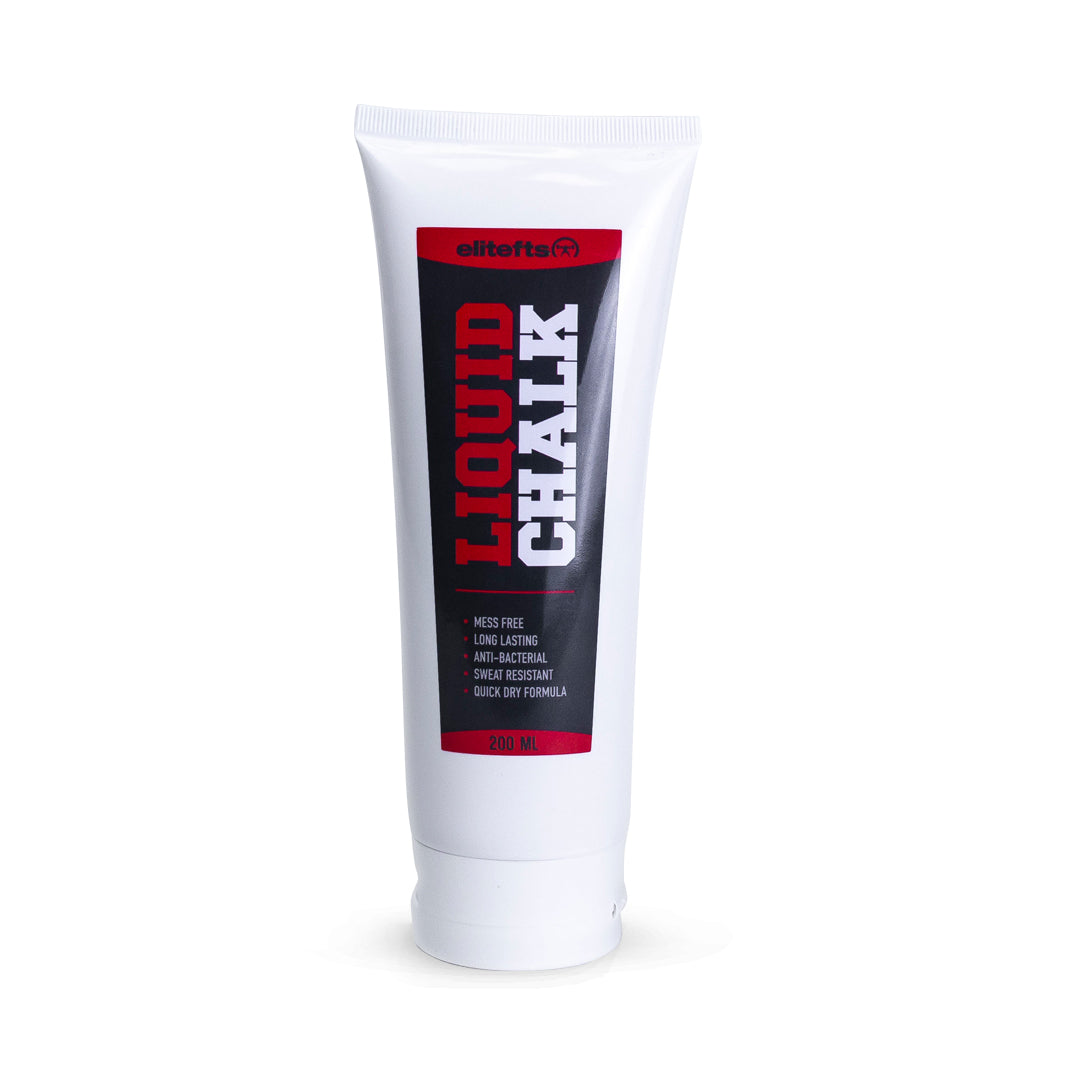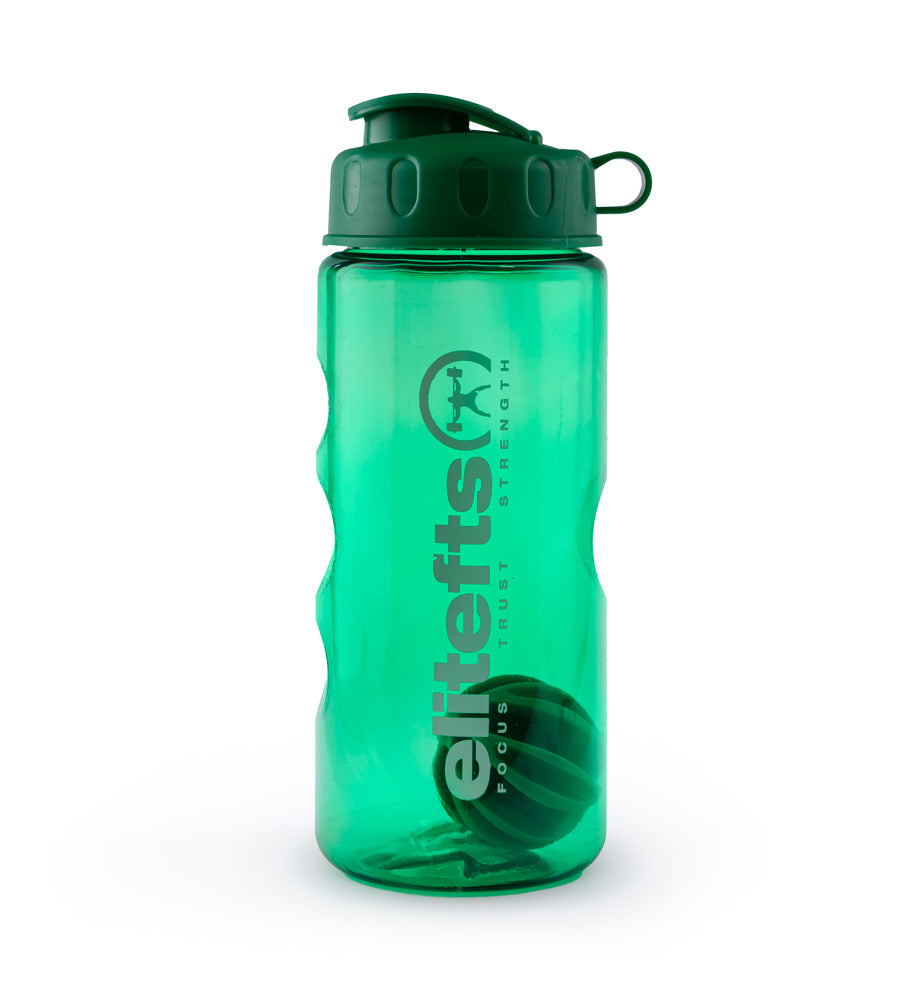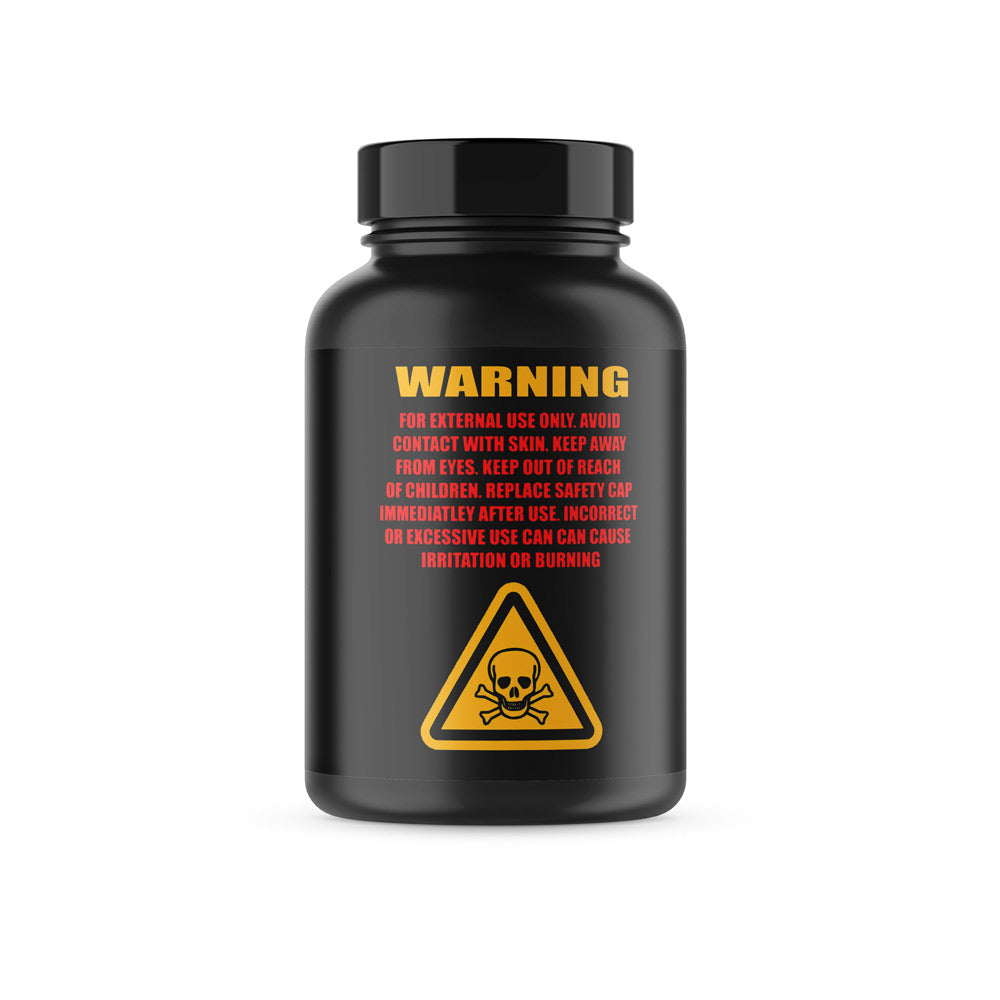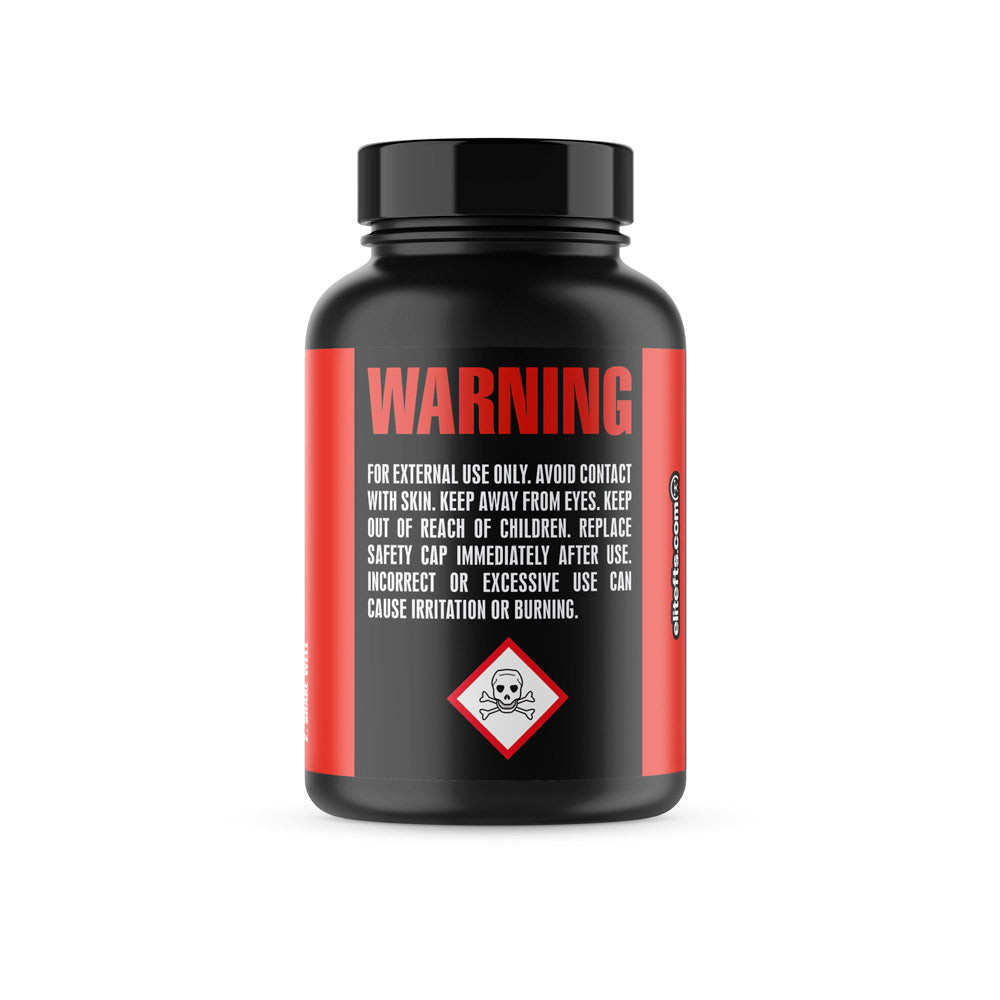
I love the mental aspects of lifting more than any other part of it. I love getting jacked up for war with the iron and feeling like a god without any weaknesses or limitations, going all "conquer, kill and destroy" on the bar and weights. Just writing these few sentences has me amped up and ready to train. But is this always the best approach for becoming the greatest lifter that you're capable of being? This may be hard for some people to believe, but I don’t think it is. I do believe in a positive attitude, but it has a time and place. We can't always approach strength training from that angle. We aren't gods. We're not all powerful or immortal. We're human and that means we make mistakes. We have weaknesses and limitations. Not knowing when to admit these things will actually make us weaker or at least not as strong as we should be. There is a tremendous amount of strength in the truth and in truly knowing one’s self. These are things worth studying and mastering. It's an amazing thing to feel physically strong and know that you're so much stronger than the majority of those walking this planet. It's important to be confident in that feeling, but it's also important to see reality for what it is. I don't care who you are or what weight you've lifted. There is always a weakness. Even superheroes have weaknesses. We gain greater strength by recognizing these weaknesses—not by accepting them but by recognizing them. Accepting them implies little effort to change them. We must recognize them in order to make them stronger and, in turn, make ourselves stronger. Recognize the weakness and then fix it. This is the simple rule to great strength. Along with recognizing our weaknesses, we also need to recognize our limits. Limits need to be thought of in two ways. There are our limits at the current time and our limits in the future. When speaking of limits in the future, I've seen too many people do too many crazy things to ever really limit that potential. When it comes to an individual's limits for the future, I do believe that there are some, but it's pretty wide open territory. If a 30-year-old lifter who squats 800 pounds says that he will squat 2000 pounds in 10 years, I would laugh. That just isn't realistic once you factor in his age and the fact that it's 750 some odd pounds above the current world record. If that same lifter said that he will break the world record in 10 years, I would say, "OK, show me." That's a big goal but a definite possibility.
RECENT: My 30-Year Love Affair with Lifting
Future limits are a question of goals and where to set them. Setting them too high or too low is setting yourself up for failure. When it comes to the big, long-term goals, I prefer a mark bordering on the edge of reality and unrealistic, something that will test your mental strength and push you to achieve something great. I know people thought that my long-term goals were crazy, but I reached most of them or got a whole lot closer than anyone ever expected. In this article, I'm more specifically thinking about current time limitations.

As everyone knows, I'm all about PMA and being over the top confident, but that alone won't lift the big weights. I can easily convince my mind that I'm capable of squatting 2000 pounds, but it still won't happen. In reality, it doesn't work that way. I've heard all the stories of women lifting cars off their children after a crash and many others like it, but I've never seen actual proof of this. If it did actually happen, why do they never talk about the damage it would have done to their bodies? Stuff like ripped tendons, ligaments and muscles that never had the training or time to handle a load like that. If there was a way to just tap into this kind of superhuman power, I guarantee that strength athletes would've already figured out how to do this because they're mentally some of the most powerful people on the planet. We need to be realistic about our limits before we can plan our training to meet our goals. I've seen too many lifters embellish their limits, which only ends up hurting their training and causing them to fall short of their goals. Lifters like this think that they could bench 600 pounds if everything went right, but in reality, the best lift they ever got clean was 500 pounds. Lifters like this then set their goals at something like 650 and set their training up as if they were 600-pound benchers when they most definitely aren't. When using a program with percentages, this can be devastating. I've seen these same lifters jump to and miss huge max effort lifts because they think they're stronger than they are. This accomplishes very little because they never get quality training in. It also puts them at risk of injury. This problem can be even worse when setting up openers for a competition. How often have we seen this happen? Being realistic with our current limitations also helps us set those solid, short-term goals and the solid base needed to reach the big, long-term goals. Lifters really need to be honest with themselves and their training partners. Be honest with your current level of strength. Be honest with your current state of injury. Be honest about and recognize your weak points. Be honest about all the parts of your training from how much sleep you get to how much you're willing to dedicate yourself. Once you can do this, you'll be able to set solid goals and a training plan that will give you the best chance for success. For a lifter to achieve his greatest potential, there has to be times of brutal honesty. There has to be times of recognizing weaknesses and limitations. There are also times when the lifter needs to throw that shit on the floor and stomp on it! These are the times that I love the most! The lifter can’t or should never step on a platform or under a maximal weight thinking about weaknesses or limitations. He has to be the unstoppable force that will move what for most people is the unmovable object. He is the conqueror of massive weights, and the gym/platform is his battlefield. He is the reckoning! As important as the brutal honesty is, this mindset is every bit as important, if not more. It's an art form to be able to control this switch and flip it at will. To stay in either mental state for too long isn't any good. They both need to be caged up and released only at the right times. The hardest part is putting them back in the cage once released because they both would love to run wild. There are many times outside the gym when a lifter is planning his training that he honestly needs that. He needs to be critical about his weaknesses and limitations in order to make the best plan that will help him be successful at achieving his goal. There are also times in the gym when he needs that same honesty to keep his ego in check and keep the flip side chained up in that cage. These are the days when the lifer is working hard on weaknesses and technique. These are the days of doing recovery training. Then the lifter has days when he unchains the over the top behemoth of confidence that can't be stopped. These are the true max effort days. These are the times when the lifter is having a bad day but needs to get intense training done. He definitely needs this on meet day but not too early because this monster can drain some serious energy in a short amount of time. Strength is 90 percent mental, and this animal is 100 percent mental. This beast will stop at nothing to win and has no weakness in its heart or mind. There is tremendous power in this mental state.

A lifter has to be a person of many parts, and he needs to be able to control all these parts. Many people may think that it's easy to be the brutally honest part. We see people all over this planet beating themselves up and making all kinds of excuses for not being better. This isn't what I'm talking about though. Those are negative people, and brutal honestly isn't negative. It's honest. It isn't looking at your weakness or limitation in a negative way. The lifter realizes his weaknesses so that he can be made stronger. It's actually positive thinking. It can be hard for some people to see these things and not be negative about them. For some people, just the words 'weakness' and 'limitation' are negative, but this isn't true. I see many lifters who never do this. They never take the time to recognize these things, and without recognizing them, they can't fix them. These lifters come to the gym in the same mode all the time. They come in all positive (what they think is positive) and amped up ready to jump under a bar. They make a lot of noise and jump around a lot. They are cheerleaders for themselves and their training partners in the gym. To me, they put on a show, and in my eyes, they aren't true lifters. They don't train. They work out. They don't have any goals or a plan to obtain any goals if they do have them. There isn't any way that they're actually going to take the effort or time to honestly look at themselves, their weaknesses or their limitations. It’s so much easier to count their two-man bench press and then say that they could've done 100 pounds more if it hadn’t been for a long list of excuses.
I've heard people criticize my team because we're on each other all the time. We're continually picking out technical mistakes and weaknesses and have long talks about why a lifter isn't obtaining his goal. People think we're too negative and they prefer to be in 'rah rah' groups where everyone only says good things to each other, things that they think are positive. To me, this is negative because these comments aren't making them better lifters and, in some cases, it's actually making them worse. Instead of recognizing weaknesses and limitations, they're helping that person ignore them and giving them a false sense of being better than they are. In contrast, my team is extremely positive and we care about each other. We expect the best from each other, and we're willing to do whatever it takes to help that happen. We all also understand that the other team members are telling us these things because they care. We don't get our feelings hurt, and we're most certainly not there to get our egos stroked. We're there to do our best and meet our potential. There is strength in these kind of truths. A lifter needs to be many things and has to wear many hats. He needs to know when to wear what hat and when to be what thing. This is something that takes years to master and usually involves many mistakes. I know it has for me. Sometimes, I hear comments about myself from people who have only seen my lifting videos. Honestly, it always makes me laugh, but it also makes me wonder. So many things go into a lifter putting up a huge number, but people only end up seeing that 30-second video. They don't get to see everything else that leads up to that lift. They aren't seeing all the work, effort, training, time, dedication, learning and so on that really made that lift possible. So do people judge those athletes off those short videos or maybe even some quickly written article about their program? Do people see my video and think that I'm like that every time I'm in the gym? In this article. I wrote a little about the hyper positive part and the realistic honest part, but this is still just a glimpse into all the parts a lifter needs. Most of the lifting information out there is like a puzzle. Each article or video is just a piece of the whole puzzle. Keep reading, watching and learning and then put together a puzzle that fits you.









